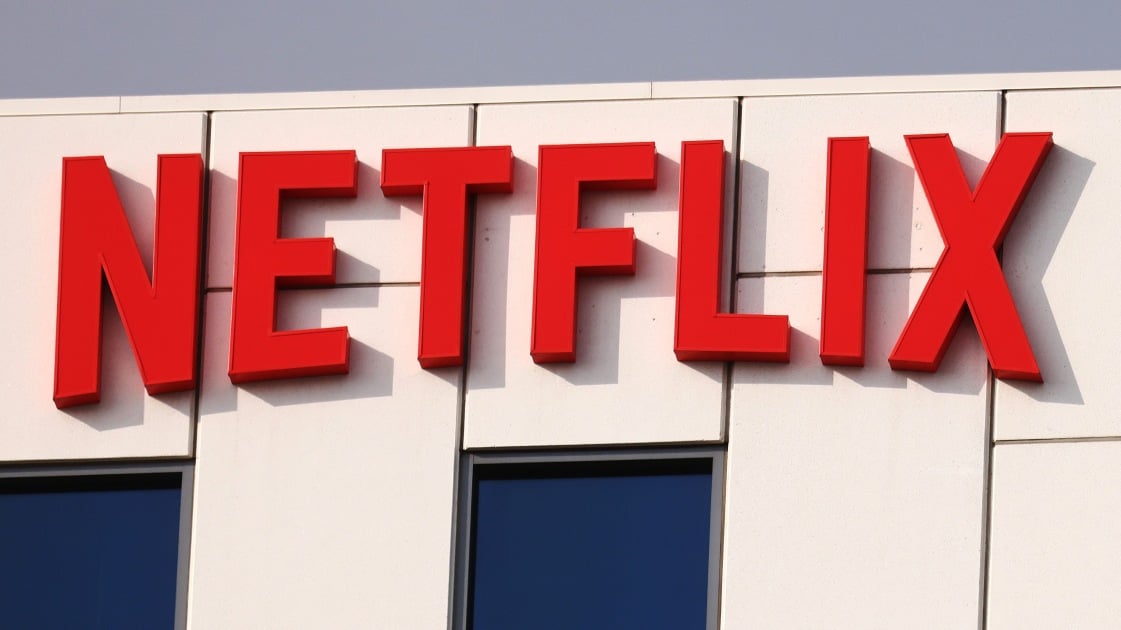Don’t miss out on our latest stories. Add PCMag as a preferred source on Google.
Last month, Netflix revealed it had officially begun using generative AI tools to cut visual effects (VFX) costs. Now, before filmmakers start leaning heavily on the tech, the company has issued a set of guidelines to avoid legal trouble and ensure transparent and responsible use.
Netflix’s new principles for AI, as spotted by The Wrap, require its partner production houses to ensure the following:
-
The outputs do not replicate or substantially recreate identifiable characteristics of unowned or copyrighted material, or infringe any copyright-protected works.
-
The generative tools used do not store, reuse, or train on production data inputs or outputs.
-
Where possible, generative tools are used in an enterprise-secured environment to safeguard inputs.
-
Generated material is temporary and not part of the final deliverables.
-
GenAI is not used to replace or generate new talent performances or union-covered work without consent.
If their AI footage aligns with the guidelines, filmmakers need to give their Netflix contact a heads-up. If it doesn’t, they’re required to seek guidance and, when necessary, written approval. Either way, production partners must notify the company of AI use, Netflix says.
The streaming giant has also specified the situations that require written approval, which include using its proprietary data, using other artists’ work to train or fine-tune AI models, using AI to create main characters, key visual elements, or fictional settings, using prompts that reference copyrighted materials or bear resemblance to public figures, and using AI to create digital performers, voices, or likenesses of real talent.
There’s also a no-go zone. Makers are barred from using generative AI to recreate footage of real events, people, or statements. Explaining the rationale behind this, Netflix says, “Audiences should be able to trust what they see and hear on screen. GenAI (if used without care) can blur the line between fiction and reality or unintentionally mislead viewers.”

The Eternaut (Credit: Netflix/YouTube)
These guidelines arrive after Netflix was criticized for using AI images in its true crime documentary What Jennifer Did last year.
Recommended by Our Editors
This year, the streamer went a notch higher, using AI-generated footage for the first time to depict the collapse of a building in the Argentinian show The Eternaut. “Using AI-powered tools, they were able to achieve an amazing result with remarkable speed, and in fact, that VFX sequence was completed 10x faster than it could have been completed with…traditional VFX tools and workflows,” co-CEO Ted Sarandos said in an earnings call last month.
Sarandos isn’t the only media giant in favor of using AI for filmmaking. Generative AI can double the “speed to completion on a given shot, so your cadence is faster and your throughput cycle is faster, and artists get to move on and do other cool things and then other cool things,” Avatar director James Cameron said earlier this year.


I Used Google’s Gemini AI to Plan a Vacation: Here’s How

Get Our Best Stories!
Your Daily Dose of Our Top Tech News
Thanks for signing up!
Your subscription has been confirmed. Keep an eye on your inbox!
About Jibin Joseph
Contributor

Read the latest from Jibin Joseph
This article was published by WTVG on 2025-08-25 09:46:00
View Original Post




